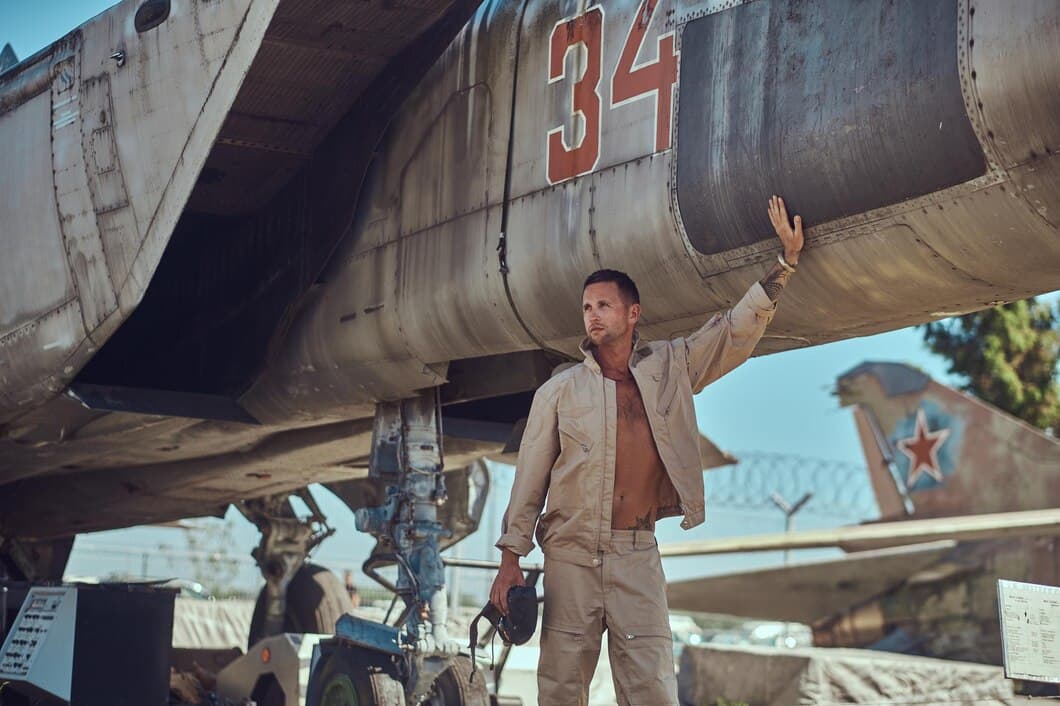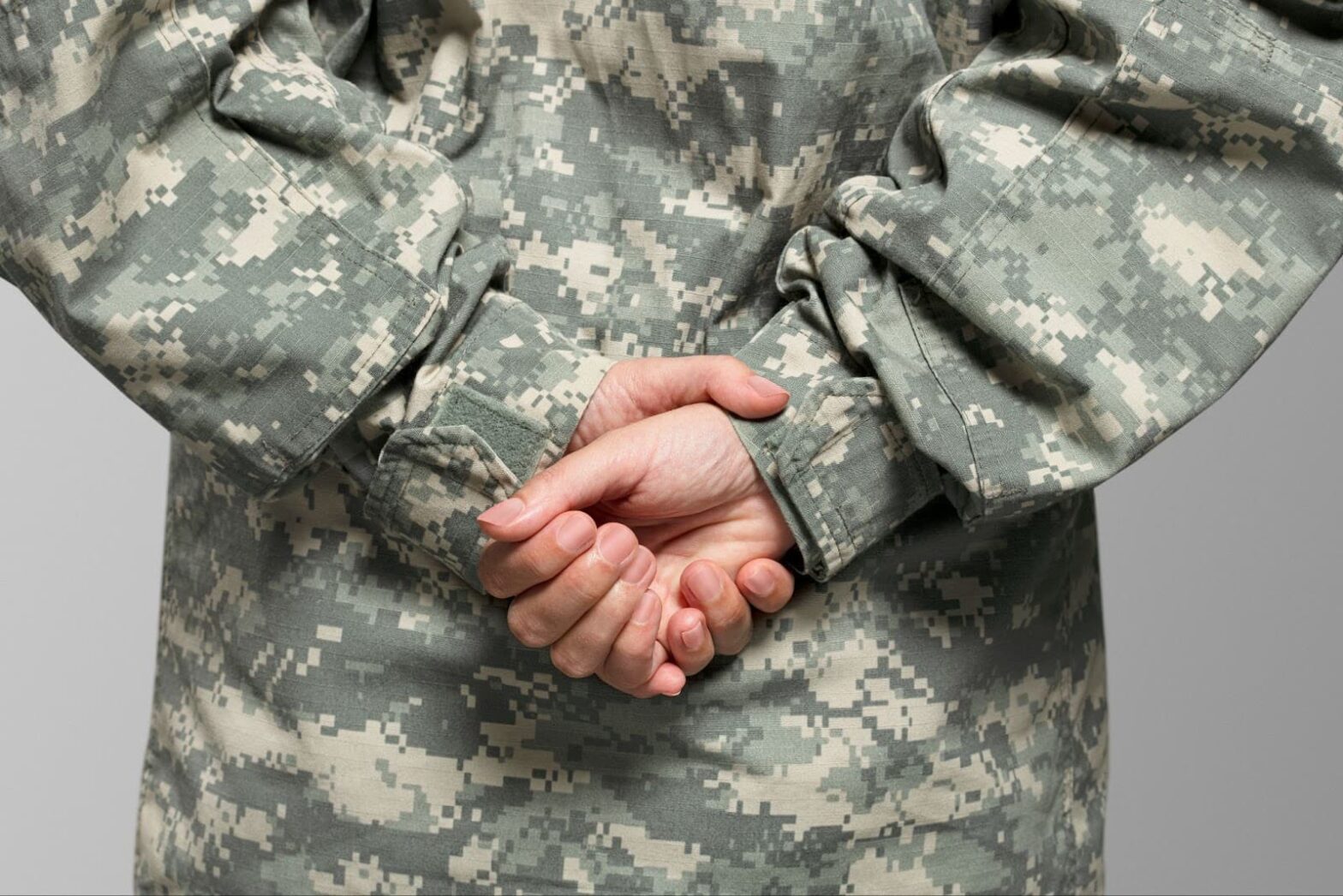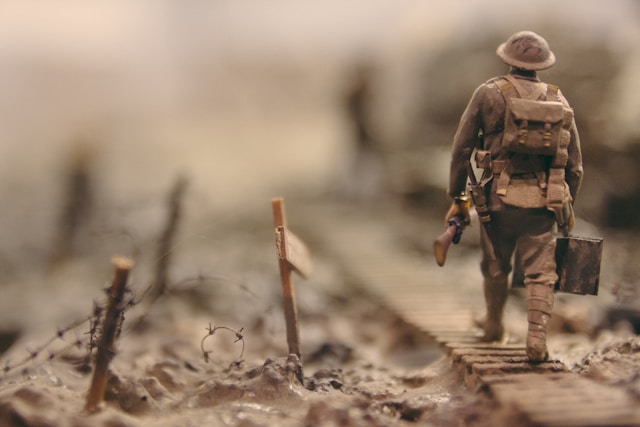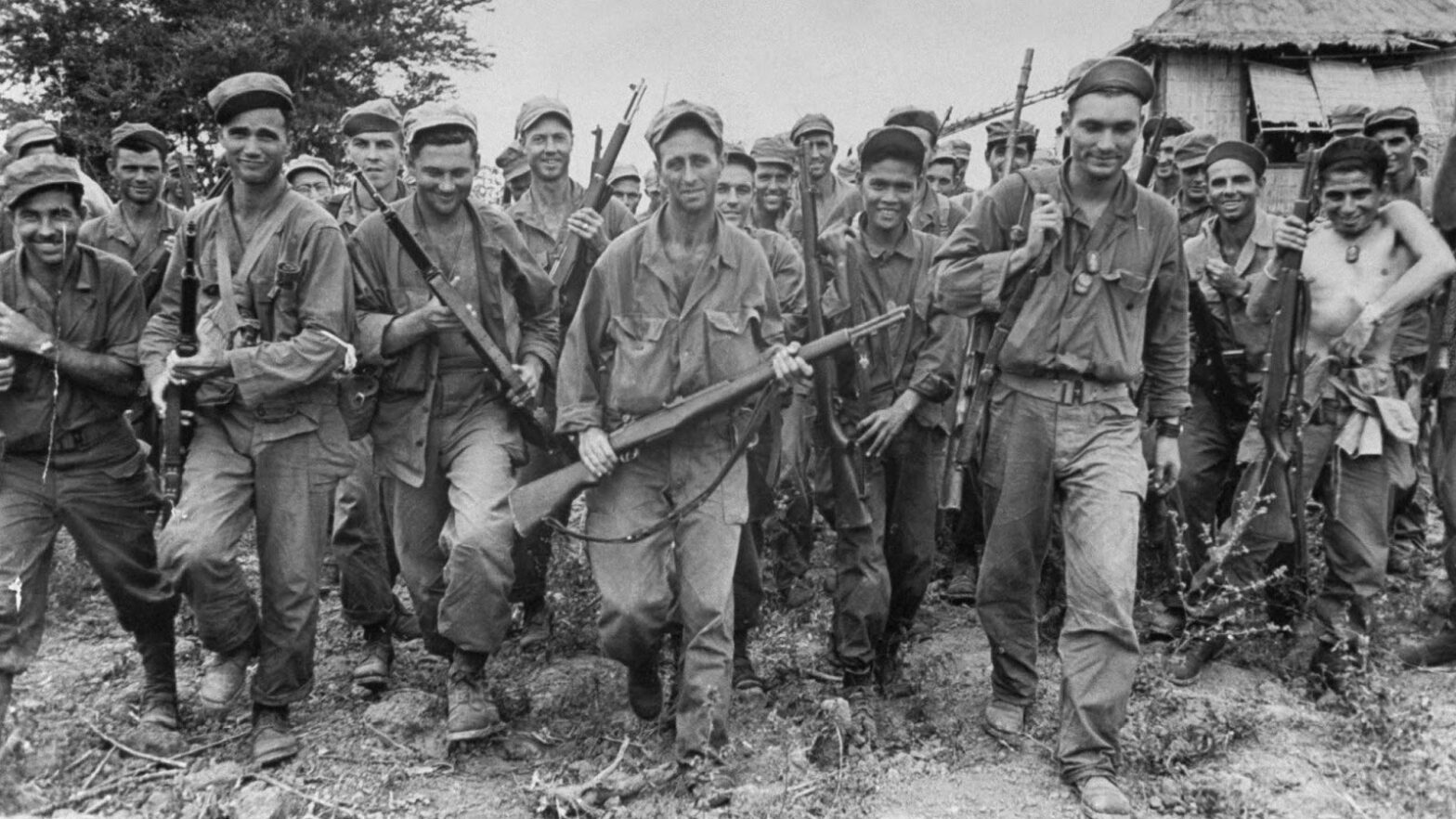When we think of World War II, many iconic images come to mind: the storming of Normandy, the raising of the flag at Iwo Jima, and the tanks rolling across Europe. However, woven into these familiar threads are stories that have long been overlooked, such as the trailblazing efforts of the 761st Tank Battalion. Known as the “Black Panthers,” this all-African American unit not only played a critical role in the Allied victory but also challenged societal norms and left an indelible mark on the historical narrative of the war. Their story is one of bravery, skill, and a determination to be recognised in a time of segregation and inequality.
Combat Excellence and Battlefield Innovation
The 761st Tank Battalion was activated in 1942, during a period when racial segregation permeated every facet of American society—even the military. Despite facing discrimination, the soldiers of the 761st proved their mettle through rigorous training and unparalleled performance in battle.
The battalion’s deployment to the European Theatre in 1944 marked a turning point. They participated in pivotal campaigns, including the Battle of the Bulge and the liberation of concentration camps. Operating Sherman tanks, these men demonstrated extraordinary tactical adaptability, using innovative battlefield strategies that often turned the tide in critical confrontations.
During the intense combat operations, the 761st frequently showcased their ability to think on their feet. They developed ad hoc methods for enhancing tank performance, such as reinforcing armour plating with salvaged metal from destroyed vehicles. This ingenuity became a hallmark of their approach, allowing them to stand up to better-equipped enemy forces.
This innovative spirit aligns with the idea of taking calculated risks and staying adaptable—a quality that resonates across industries, including modern entertainment and gaming. For example, platforms like Play Fortune For Fun offer players a chance to experience the thrill of decision-making and adaptability in a risk-free environment, reflecting the same blend of strategy and courage that defined the 761st.
Breaking Barriers and Shaping Narratives
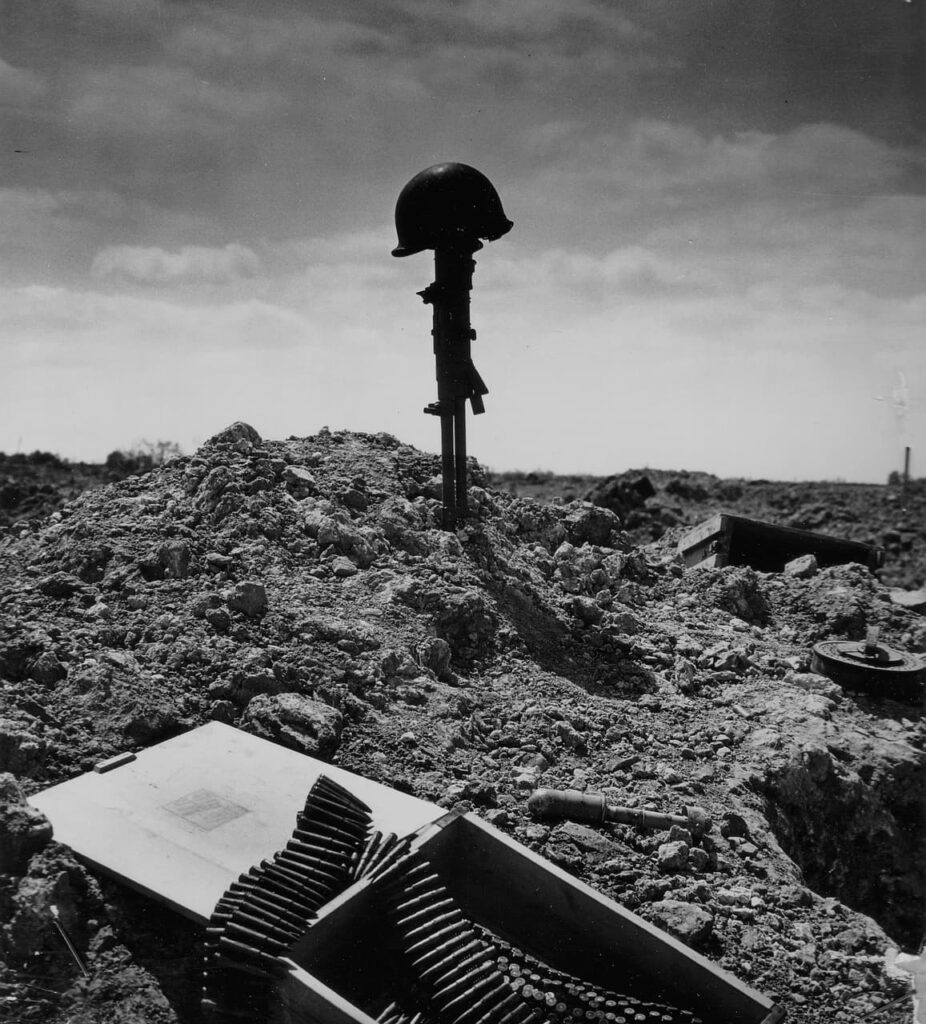
The 761st’s story transcends the battlefield. Their inclusion as a combat unit directly challenged the entrenched racial prejudices of the time. Despite facing discrimination both within and outside the military, they fought valiantly for a nation that often denied them basic rights. By the war’s end, their achievements forced many to reconsider the capabilities and contributions of African Americans in combat roles.
Their success did not come without sacrifice. The battalion faced heavy casualties during operations, with soldiers often placed in high-risk positions due to systemic biases. Nevertheless, their unwavering determination and unparalleled skill earned them respect on the battlefield—from both allies and adversaries.
Historians credit the 761st with influencing President Harry Truman’s decision to desegregate the U.S. Armed Forces in 1948. Their legacy also reshaped how African American soldiers were portrayed in post-war media and historical accounts. Through their deeds, the Black Panthers began to fill gaps in a narrative that had long overlooked the contributions of minority groups.
Yet, their recognition was not immediate. Decades passed before the battalion’s achievements were officially acknowledged. In 1978, President Jimmy Carter posthumously awarded them the Presidential Unit Citation, cementing their place in history. This delayed recognition highlights the broader struggle for equitable representation in historical accounts, a battle that continues to this day.
The battalion’s achievements also sparked discussions about the role of diversity in military strategy and decision-making. Their example showed that inclusion, when embraced, could strengthen rather than divide forces. This principle has since been adopted across various sectors, from corporate environments to creative industries, inspiring a commitment to inclusivity.
Legacy in Modern Culture and Media
Today, the 761st Tank Battalion’s story continues to inspire. It has been featured in books, documentaries, and films that aim to shed light on their pivotal role in WWII. From gripping memoirs of soldiers who served to cinematic portrayals of their exploits, the Black Panthers’ legacy is a testament to the enduring power of storytelling.
Their influence extends beyond history books. The narrative of the 761st resonates with modern audiences, offering lessons on resilience, equality, and the power of courage in the face of adversity. Schools and institutions have begun incorporating their story into curricula, ensuring that future generations understand the importance of their contributions.
This broader theme of inclusion and representation is mirrored in other sectors as well, including the gaming industry. Developers like Pragmatic Play, highlighted on https://playfortuneforfun.com/game-providers/pragmatic-play/, are increasingly embracing diversity in their game themes and characters. Just as the 761st expanded the scope of WWII narratives, these modern creators are pushing boundaries in how stories and experiences are presented.
By drawing inspiration from such narratives, industries are finding new ways to innovate and connect with broader audiences. The legacy of the 761st serves as a reminder that representation matters, and their story continues to break barriers in ways far beyond the battlefield.
Conclusion
The 761st Tank Battalion’s legacy is not merely one of military success; it is a testament to the power of courage, innovation, and perseverance in rewriting narratives. Their contributions forced a re-evaluation of deeply entrenched societal prejudices and enriched the historical record with stories of resilience and excellence. As we continue to honour their memory, their example serves as a beacon for breaking barriers and embracing inclusivity across all aspects of society.
Through their actions, the 761st Tank Battalion not only changed the course of World War II but also set a precedent for how history is remembered and retold. Their story remains a source of inspiration for future generations, ensuring that their bravery and sacrifices are never forgotten.
